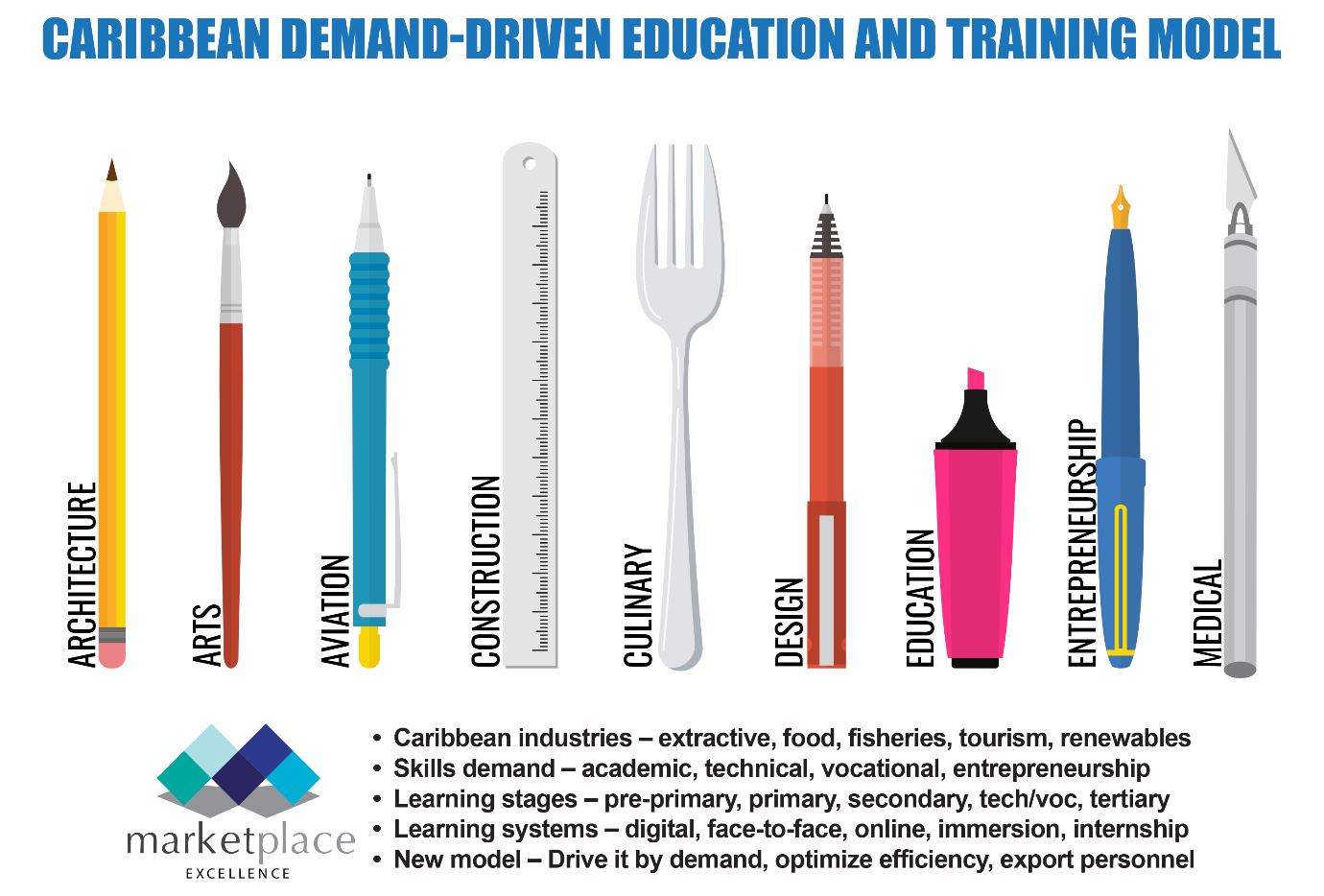“Commit to the LORD whatever you do, and your plans will succeed. In his heart a man plans his course, but the LORD determines his steps.” – Proverbs 16:3
The U.S. National Center on Safe Supportive Learning Environments, in its report on “Demand-driven Education: Merging Work and Learning to Develop the Human Skills that Matter”, posits that higher education is on the cusp of a new wave of postsecondary education reform. This wave is called “demand-driven education”, where programs focus more strongly than ever on ensuring graduates are job-ready and have access to rewarding careers over the course of their lifetimes. Demand-driven education adapts to the needs of the learner and the employer.
I have often reflected on the unique blend of industry and potential that our region possesses. Our rich and diverse industrial backdrop, from extractive and food industries to fisheries, tourism, and an expanding sector of renewables, paints an exciting panorama. Yet, it’s clear that to harness this potential fully, we need a comprehensive, demand-driven approach to education and training.
Traditionally, we’ve been attuned to a largely supply-driven post-colonial educational model. Students learn in a somewhat abstract environment, often detached from the practicalities of our working sectors. But the question we should be asking is: are we equipping our students with the skills they need to excel in our Caribbean industries?
The answer lies in transforming our approach to education and aligning it with the diverse skills demanded by our industries. This means investing not just in academic education, but also in primary education innovation, technical, vocational, and entrepreneurship training.
To secure the foundation for life, we need important concepts such as marriage, foreign exchange, budgeting, pension investment, insurance, communication, economics, problem solving, collaboration, love, compassion, forgiveness, socialization, passion, perseverance, patience, introduced in a simple way at primary school, not for the first time in the secondary or tertiary curriculum.
We need scientists as much as we need technicians, managers and entrepreneurs.
Our education should be a continuous journey, evolving with the learner’s needs and industry demands. From pre-primary to primary, secondary, and tertiary levels, including technical and vocational stages, the focus should be on nurturing industry-ready professionals. This continuity and seamlessness in education can only be achieved through a well-thought-out, demand-driven education model.
The evolution of learning systems over the past few years has been revolutionary. We’ve seen a dynamic shift from conventional face-to-face learning to digital platforms and online classrooms. Immersive learning experiences and internships have also gained traction, providing practical, hands-on knowledge to students. These transformative changes need to be incorporated into our educational systems, ensuring they are demand-responsive and relevant to the 21st century.
Driving our education and training model by demand doesn’t just benefit our local industries. It also puts us in a position to tap into global markets, exporting our talented, highly-skilled personnel. As small island nations, the potential to broaden our economic horizons through human capital is vast and largely untapped.
In the end, an efficient, demand-driven education model will yield multi-faceted benefits. It will ensure a robust, skilled workforce aligned with industry needs, foster economic growth through increased productivity, and position the Caribbean as a global player, exporting expertise and knowledge.
While this transformation isn’t an overnight process, we must commit to this shift through lateral thinking. Let’s envision a Caribbean where the economic vibrancy is echoed in our education system, where each learner is not just a recipient of knowledge but an active participant in our vibrant industry landscape. Now is the time to drive our education model by demand, optimize efficiency, and create a talent pool to serve local, regional and international needs. Our future prosperity depends on it.

(Dr. Basil Springer GCM is a Change-Engine Consultant. His email address is basilgf@marketplaceexcellence.com. His columns may be found at www.nothingbeatsbusiness.com).
